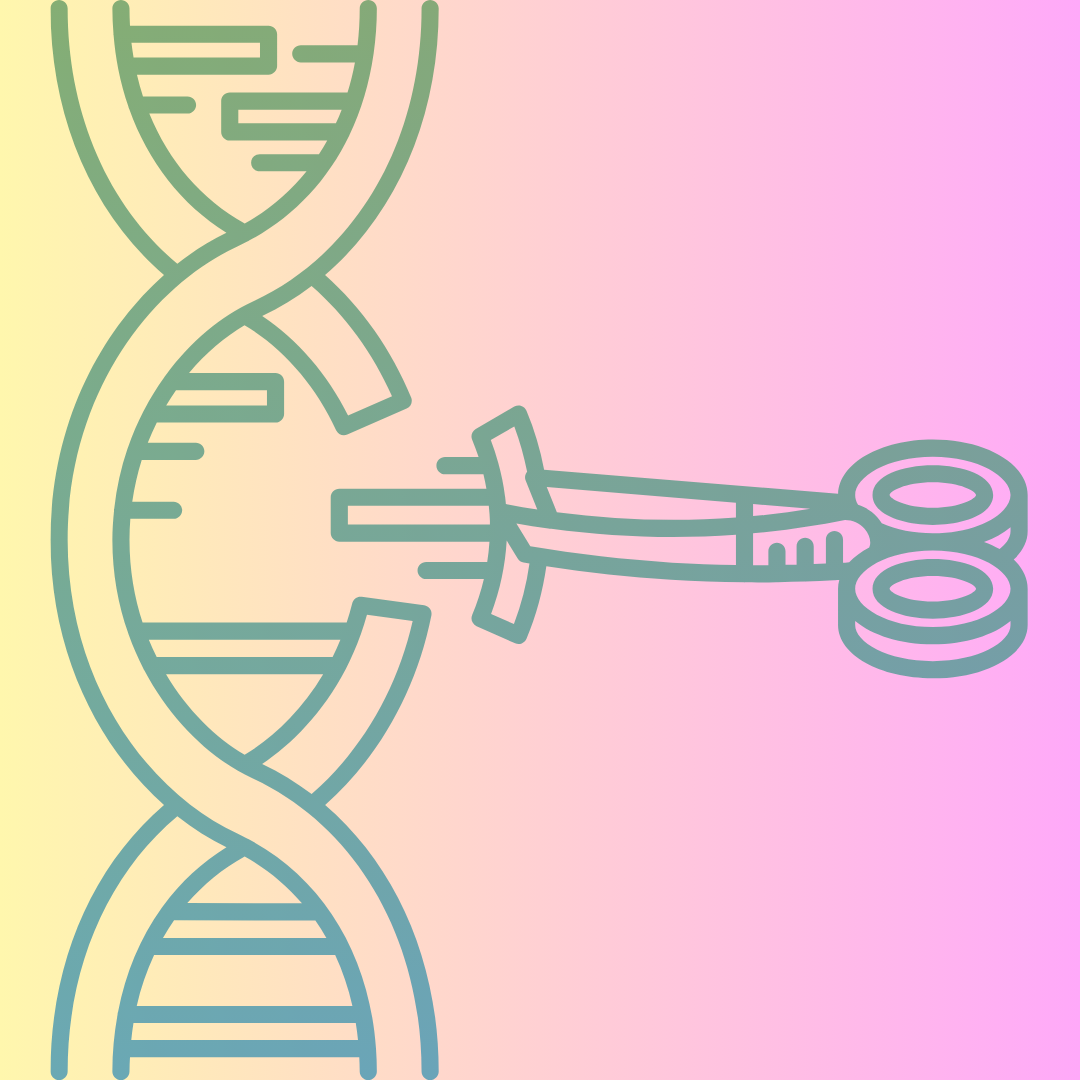In August 2017, scientists reported that they had used the gene-editing tool CRISPR–Cas9 to correct a mutation in viable human embryos. The work is just one of countless applications of the technique, with which scientists hope to alter plants, animals...
Global Governance
Global governance refers to agreements among nations and/or statements and policies issued by international organizations. The most authoritative international agreement on human biotechnologies to date is the Council of Europe’s 1997 Convention on Human Rights and Biomedicine (also called the Oviedo Convention), a binding treaty that bans inheritable human genetic modification and human reproductive cloning. UNESCO, the European Parliament, the Group of Eight industrial nations, the World Health Organization, and the United Nations have also issued declarations or statements about human biotechnologies.
Everyone knows, or thinks they know, that complex and fast-moving new biotechnologies inevitably outstrip legal regulation and ethical scrutiny. Surrogacy—the...
The World Health Organization (WHO) on July 12 issued the results of what it describes as the “first broad, global...









